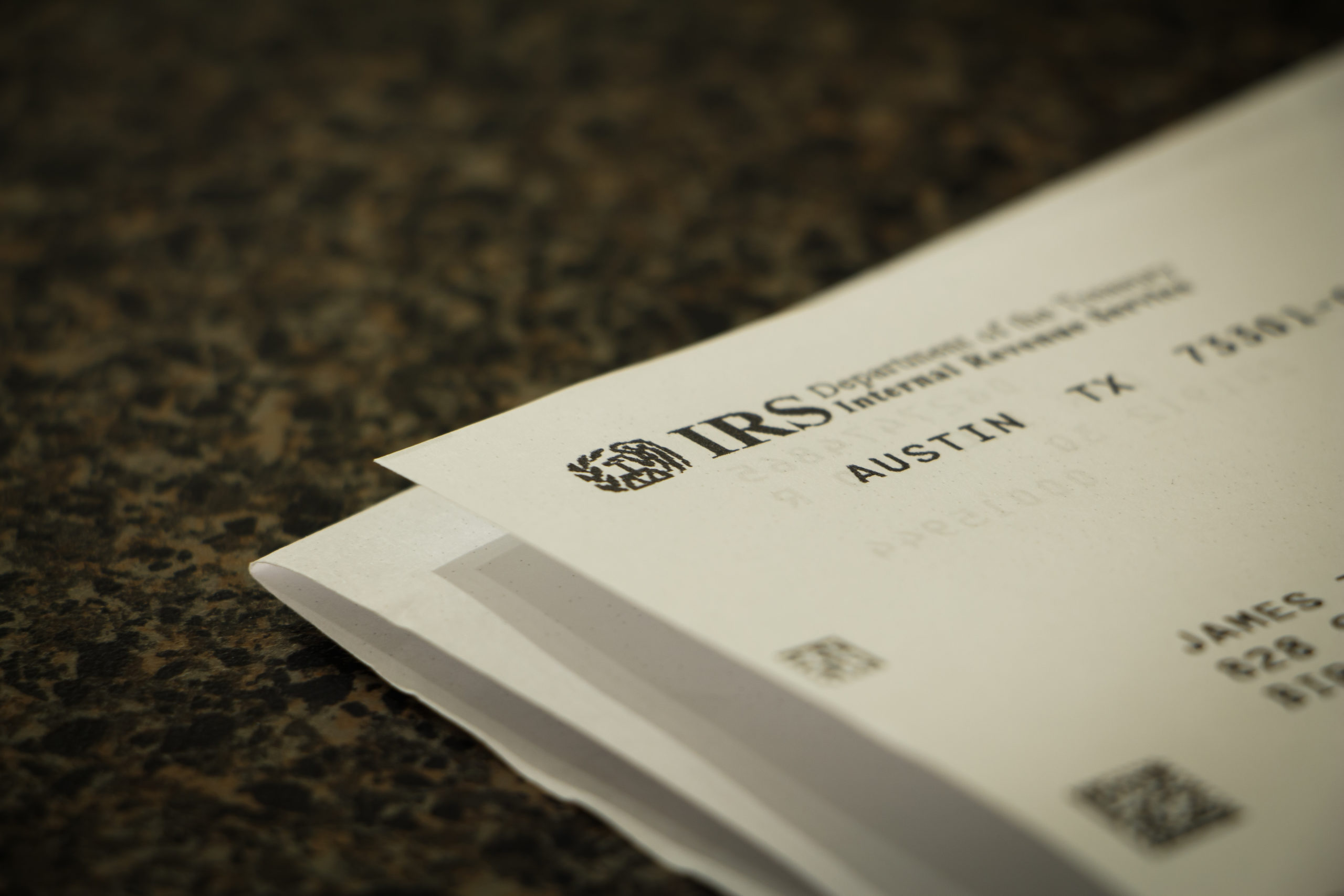If you owe the Internal Revenue Service money and are wondering “how long does the Internal Revenue Service have to collect back taxes,” you may be relieved to know that you won’t have to carry the burden forever. Just a very, very long time. The Internal Revenue Service (the “IRS”) has ten years to collect any debt. That statute runs from the date of the assessment. Assessment is not necessarily the reporting date or the date on which the tax is settled and calculated. Assessment is a term of are . After this time period has expired, the IRS may no longer be able to take collection action against you. However, the Internal Revenue Manual (the “IRM” or the “IRS playbook”) makes many exceptions to this rule — and it’s crucial to understand whether any such exception applies to your situation.
When Does the Statute of Limitations Start?
The ten-year time period in which the IRS can collect back taxes begins on the date an IRS official signs the tax assessment. A tax assessment determines how much you owe. If you did not file a tax return, the IRS will create a return, and file deficiency assessment which will begin the ten-year statute of limitations.
The statute of limitations on collection,referred to by the IRS as the Collection Statute Expiration Date, may be tolled for numerous reasons. Tolling can result in the ten-year period being extended for a longer amount of time.
Reasons the statute of limitations may be suspended can include the following:
- Filing for bankruptcy — Upon filing for bankruptcy, an Automatic Stay goes into effect that prevents creditors, including the IRS, from making collection efforts.
- Filing an Offer in Compromise — An Offer in Compromise is an agreement made between an eligible taxpayer and the IRS to resolve the tax liability by payment of a reduced amount.
- Commencing a lawsuit against the IRS — If you disagree with the amount of taxes owed, you can try to resolve the matter administratively with the IRS or through litigation.
- Living outside the U.S. — If you lived outside the U.S. for a continuous period of six months or more, the statute of limitations is tolled during your absence, and for at least six months upon your return.
- Signing a waiver extending the statute of limitations — In some cases, the IRS may ask you to sign a waiver. A waiver of a Statute of Limitation is commonly done when a partial payment installment agreement is being negotiated or if you are expected to acquire an asset that can be liquidated after the statute of limitations expires.
- Military deferral — Military members on active duty may be eligible to apply for a deferral if their ability to pay the taxes owed was affected by their military service.
During the tolling period, the IRS cannot take action against you to pursue collection. Once the event that suspended the statute of limitations ends, the clock will start running again.
The IRS does not notify individuals when the statute of limitations expires.
Again, this bears repeating, Internal Revenue Service does not notify individuals when the statute of limitations expires.
What Collection Efforts Can the IRS Take?
If you receive a Notice of Levy or a Notice of Deficiency and fail to take action, the IRS will start its collection process. Each month the outstanding balance remains due, a failure-to-pay penalty is charged, along with interest. This penalty is .05% of the taxes for each month they remain unpaid and will not exceed 25% of the taxes owed.
The IRS can also impose a federal tax lien that attaches to your assets, real property, securities, vehicles, and business property. At the end of the ten-year statute of limitations, an IRS tax lien becomes unenforceable — unless the IRS refiled the lien within the required time frame. Note, tax liens are not discharged in bankruptcy. The tax liens will continue to be effective after a bankruptcy filing until they have been paid off or are released.
A tax lien is distinguished from a tax levy, which permits the IRS to legally seize your property in order to satisfy a tax debt. In other words, a levy gives the IRS the authority to garnish your wages, take money in your bank account, confiscate your retirement income, as well as sell your vehicle, real estate, and personal property.
The IRS may offset a tax refund to which you are entitled in order to pay your debt, or sue you in federal court.
Contact an Experienced New York Business Attorney to Learn More
Owing back taxes to the IRS is a serious matter that can cause financial hardship and have a detrimental impact on your business. If you are struggling to pay a tax debt, it’s critical to consult with a knowledgeable attorney to learn about your options. Brinen & Associates is committed to offering strategic advice to clients regarding a wide variety of tax matters and providing solid defense in IRS enforcement actions. Call (212) 330-8151 or send us a message to learn how we can assist you.
